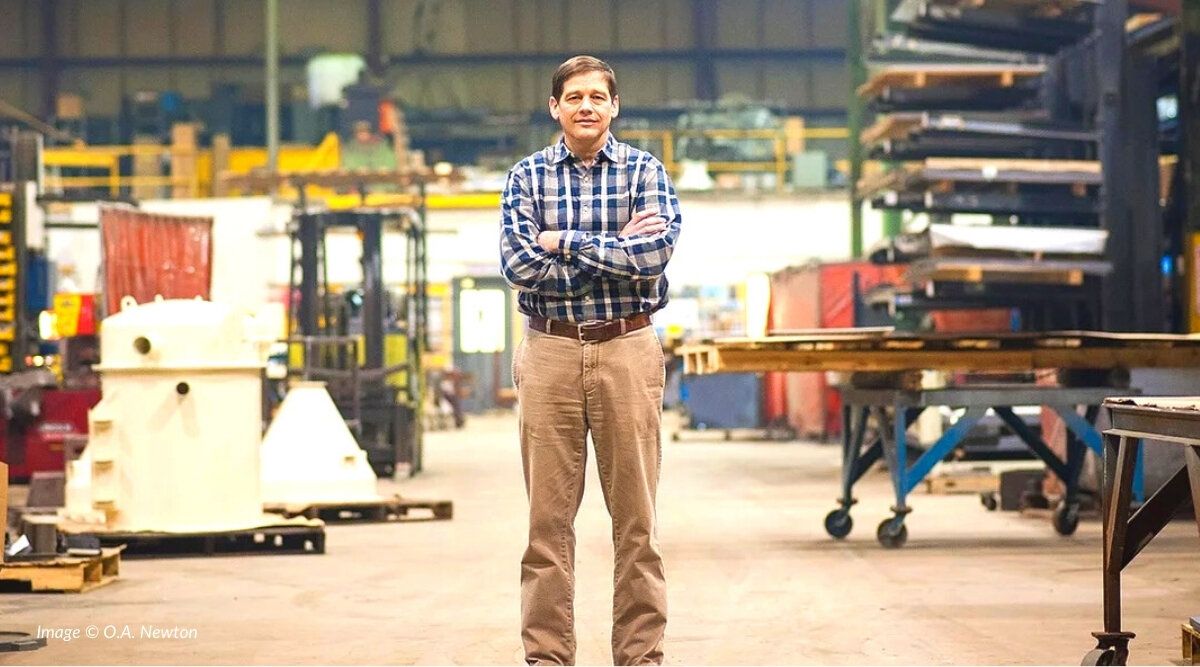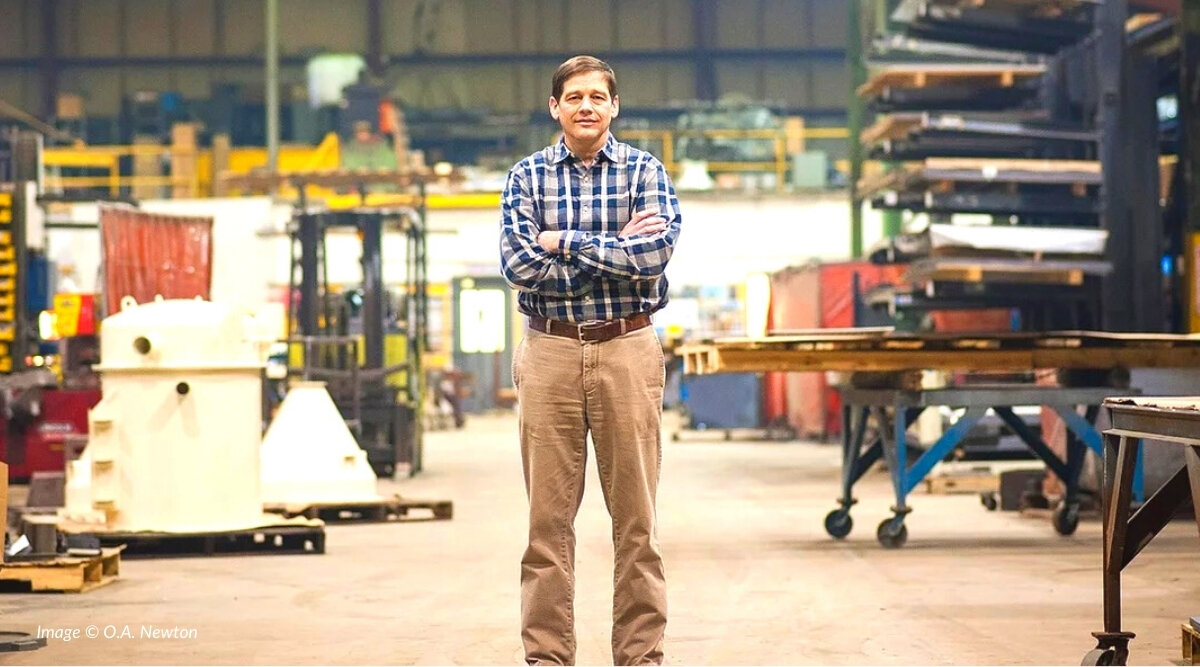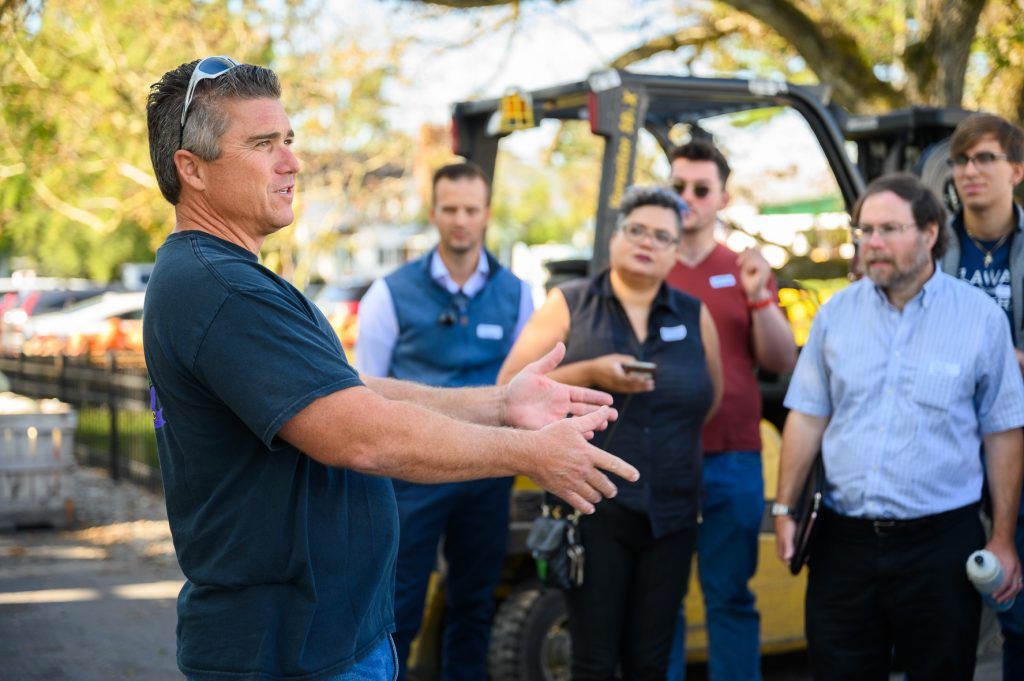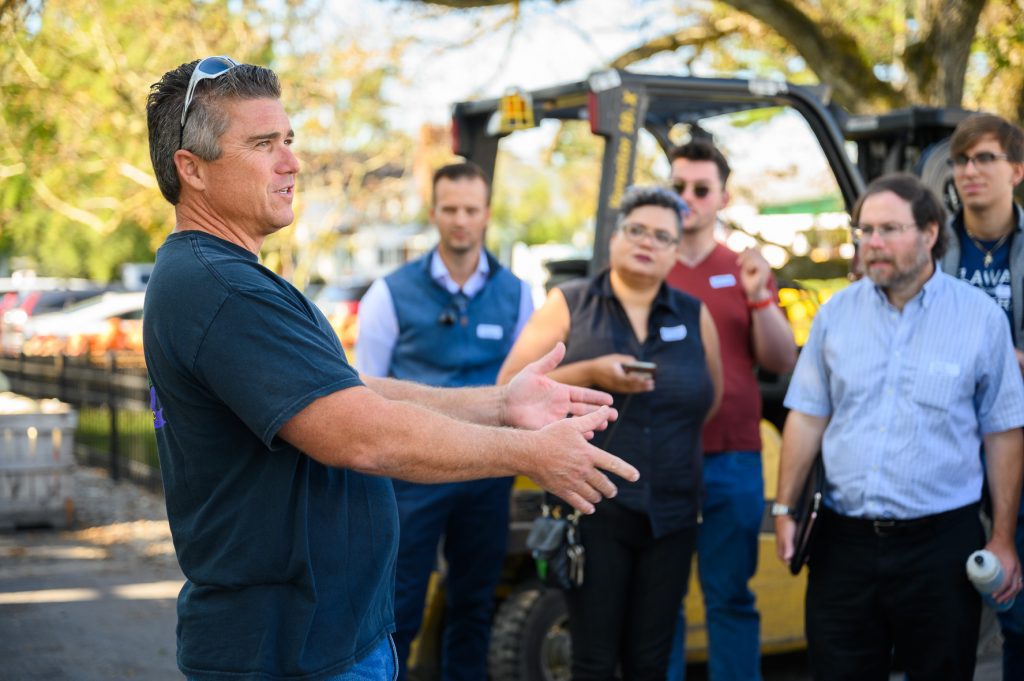PepsiCo Expands to New Claymont Facility
PepsiCo chooses to expand in Delaware with $62M investment in upgraded Claymont site
Kurt Foreman of Delaware Prosperity Partnership, Brett Saddler of Claymont Renaissance Development Corp., Alison Benton of PepsiCo, Becky Harrington of Delaware Prosperity Partnership and C.J. Bell of the New Castle County Office of Economic Development following the December 9 meeting of the Council on Development Finance.
New facility at former steel mill location will enhance Northeast operations and create new jobs in Delaware
December 11, 2024
Delaware’s economic development efforts have secured a $62 million investment by Pepsi Beverages Sales, LLC, a wholly owned subsidiary of PepsiCo, to establish an upgraded facility in Claymont. The new site, located in the same county as the previous Wilmington facility, will retain 216 existing positions and create 77 additional jobs in the state, playing a key role in expanding the entity’s Northeast warehousing capabilities.

Located at 4145 Philadelphia Pike, the facility is part of the redeveloped Claymont Steel Mill property. PepsiCo will complete multi-million-dollar renovations to the leased 359,000-square-foot space and make significant investments in new equipment to enhance regional operations and support growing demand. In addition, the site will serve as a key hub for supporting manufacturing sites across the region.
“PepsiCo Beverage Sales’ decision to increase its operations in Delaware is great news for our state,” said Governor John Carney. “I would like to thank PepsiCo’s leadership for their commitment to grow in the First State.”
PepsiCo, one of the world’s leading food and beverage companies, traces part of its history back to Delaware, where the Pepsi-Cola Company was first incorporated in 1919. A longtime member of the state’s business landscape, the company remains committed to supporting the local workforce. The enhanced facility will support various roles, including warehouse loaders, drivers, merchandisers, sales representatives and managers.
“This is exciting news for New Castle County and the State of Delaware,” said New Castle County Executive Matt Meyer. “We’re pleased that PepsiCo Beverage Sales has chosen to concentrate its regional operations here and continue its role as a longtime Delaware employer.”
Delaware Prosperity Partnership (DPP) collaborated with PepsiCo to secure the Claymont location and connect the company with state resources. On Monday, the state Council on Development Finance (CDF) approved up to $2,887,000 in grant funding from the Delaware Strategic Fund. These grants, contingent on PepsiCo meeting commitments for job retention, job creation and capital investment, underscore Delaware’s proactive support for businesses investing in the state.
###
About Delaware Prosperity Partnership
Created in 2017, Delaware Prosperity Partnership is the nonprofit public/private organization leading Delaware’s statewide economic development efforts to attract, grow and retain businesses; build a stronger entrepreneurial and innovation ecosystem; and support private employers in identifying, recruiting and developing talent.
About PepsiCo
PepsiCo products are enjoyed by consumers more than one billion times a day in more than 200 countries and territories around the world. PepsiCo generated more than $91 billion in net revenue in 2023, driven by a complementary beverage and convenient foods portfolio that includes Lay’s, Doritos, Cheetos, Gatorade, Pepsi-Cola, Mountain Dew, Quaker and SodaStream. PepsiCo’s product portfolio includes a wide range of enjoyable foods and beverages, including many iconic brands that generate more than $1 billion each in estimated annual retail sales.
Newsletter Sign Up
Stay Up To Date With Delaware
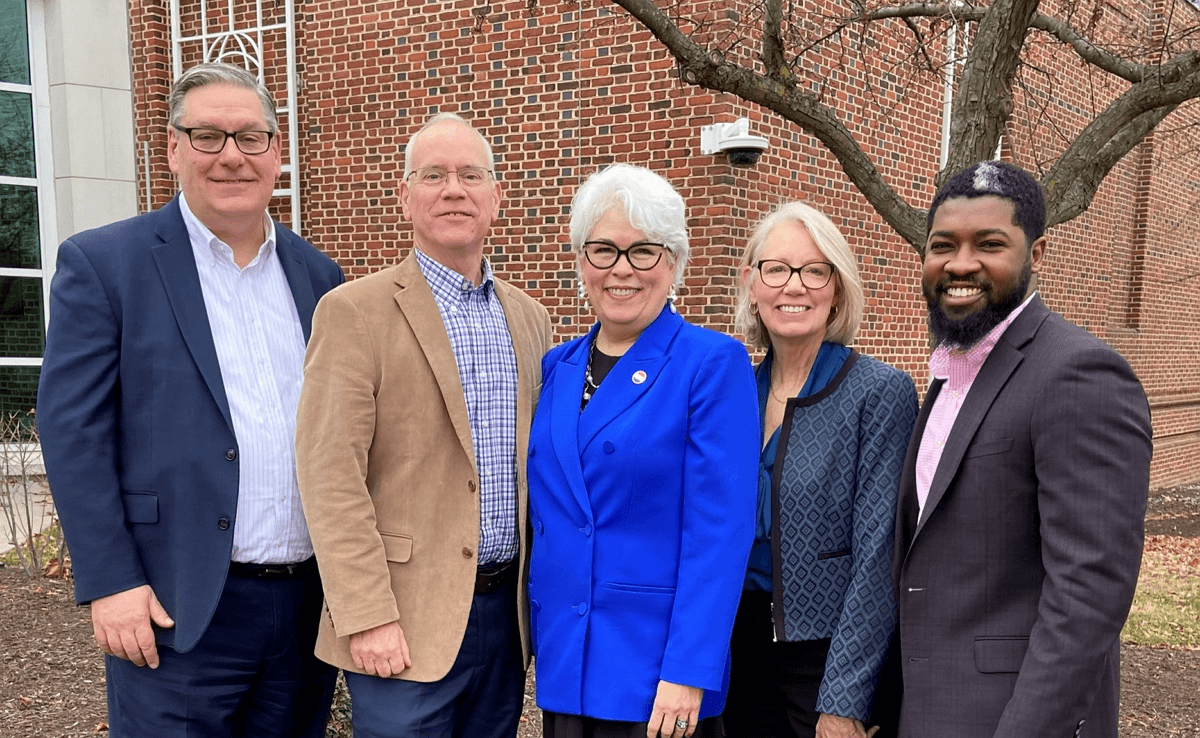
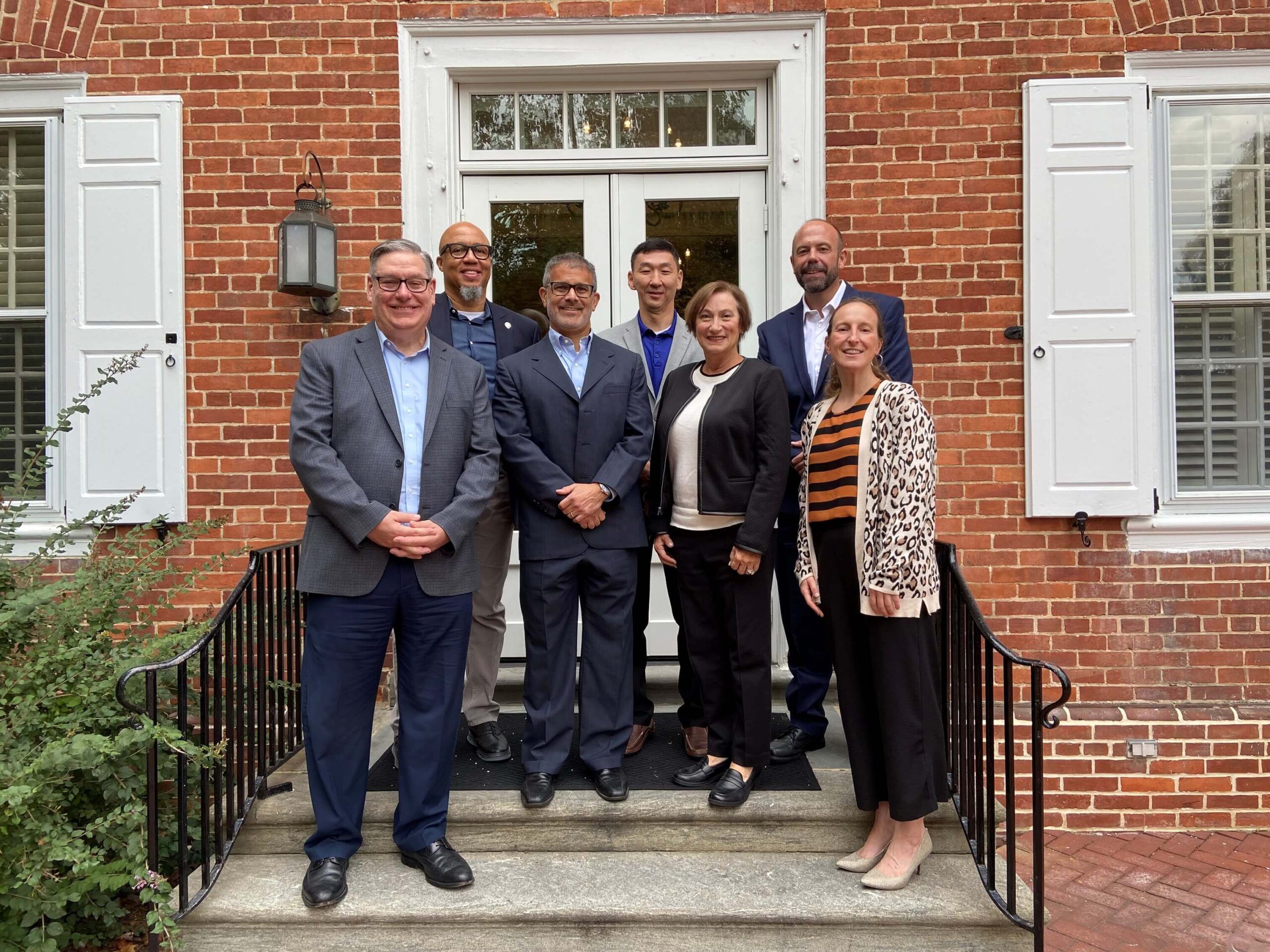
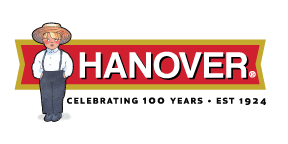
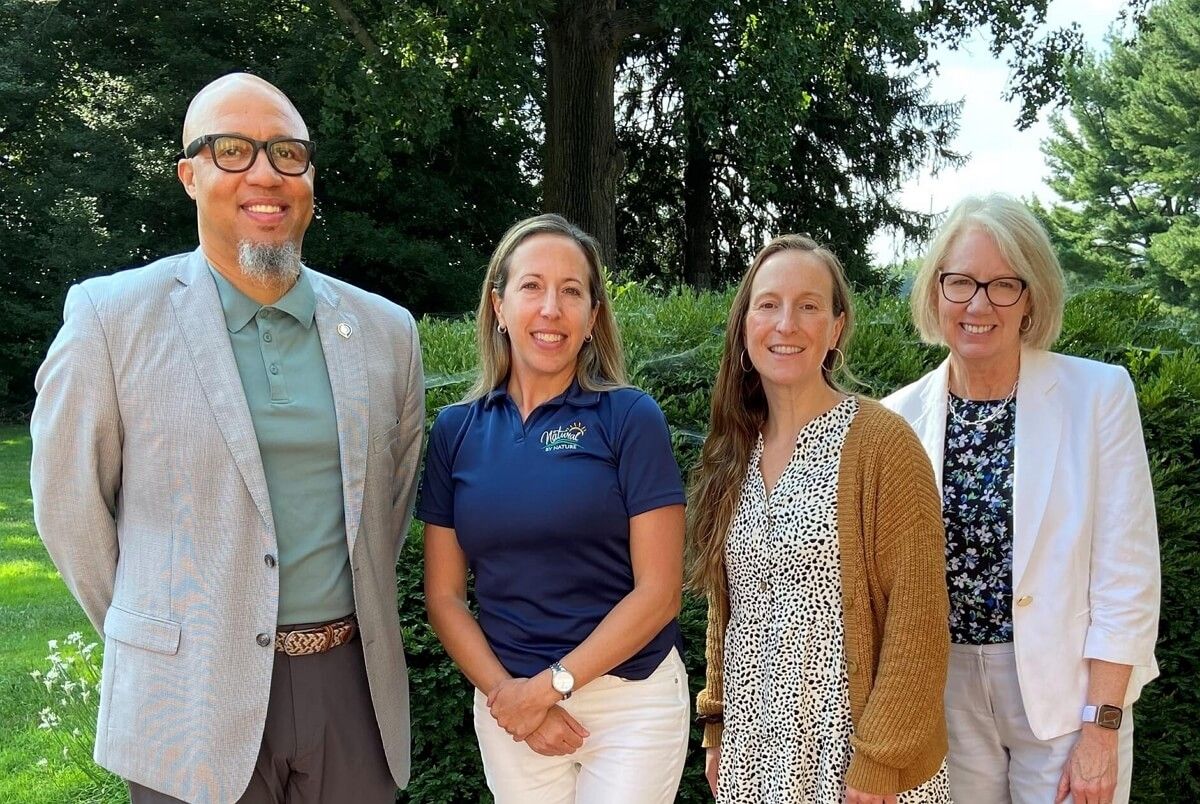

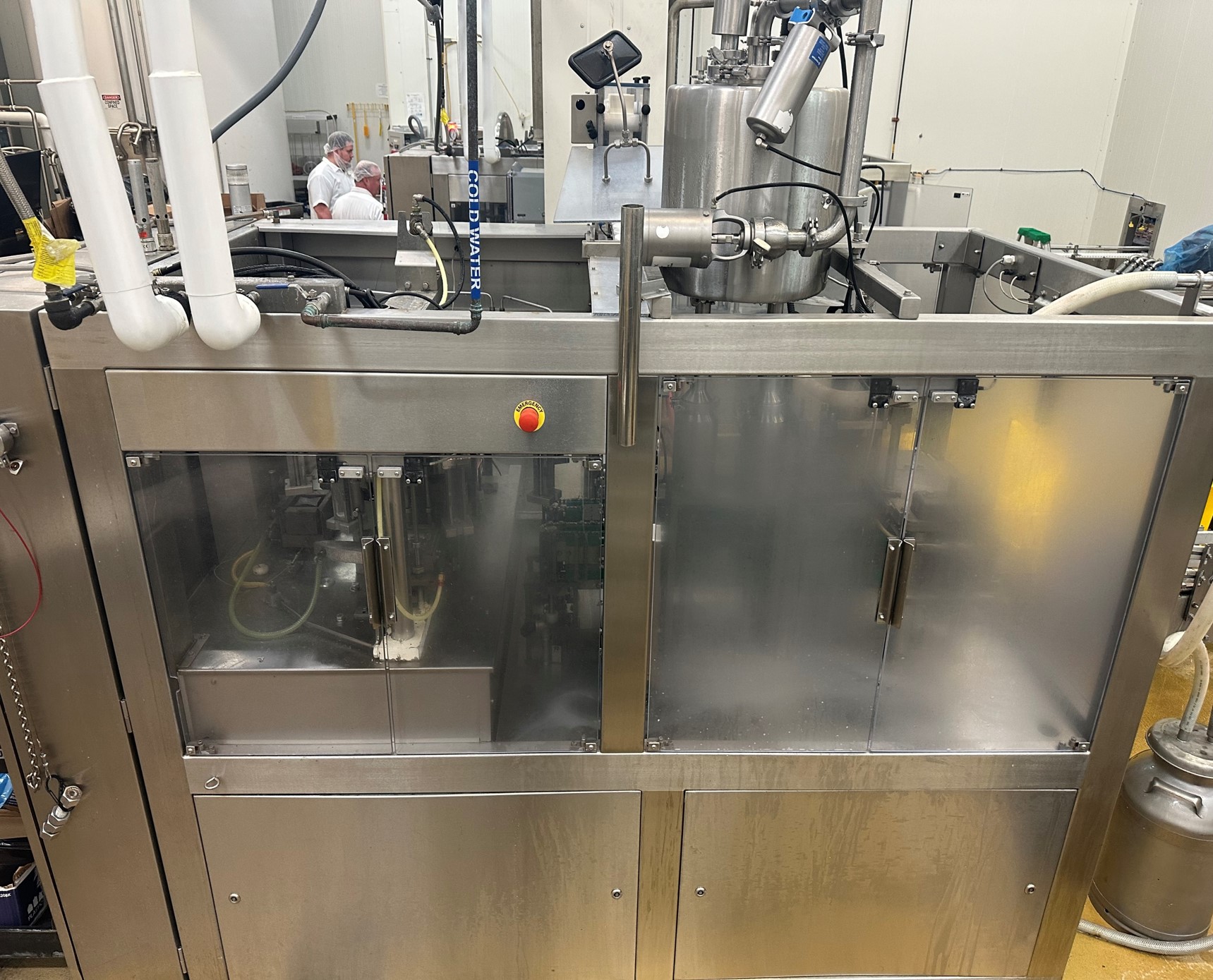
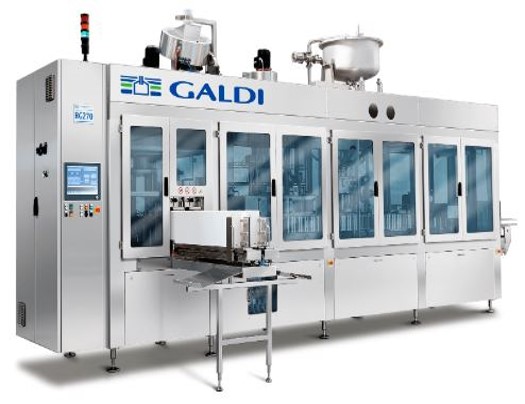
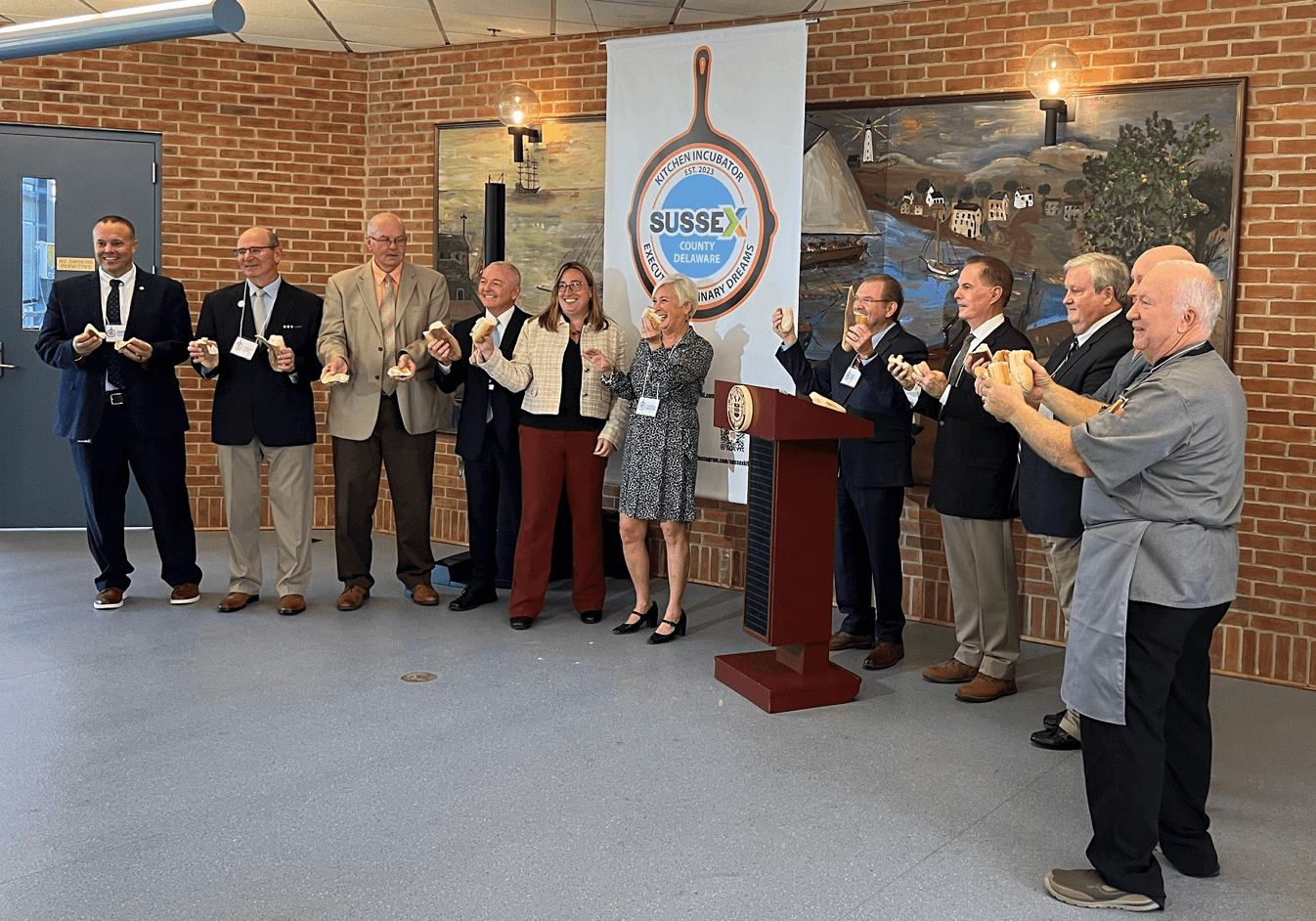
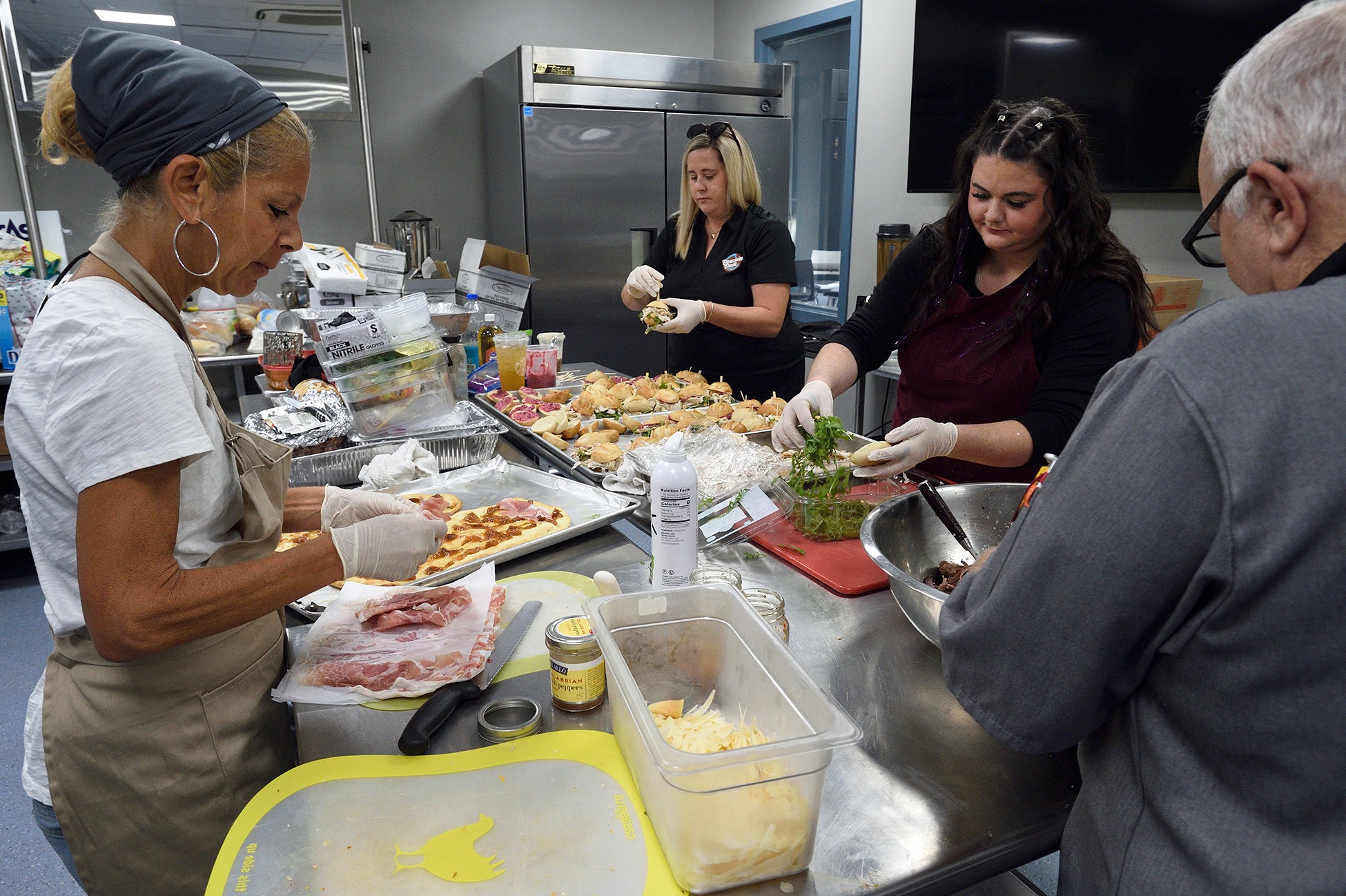
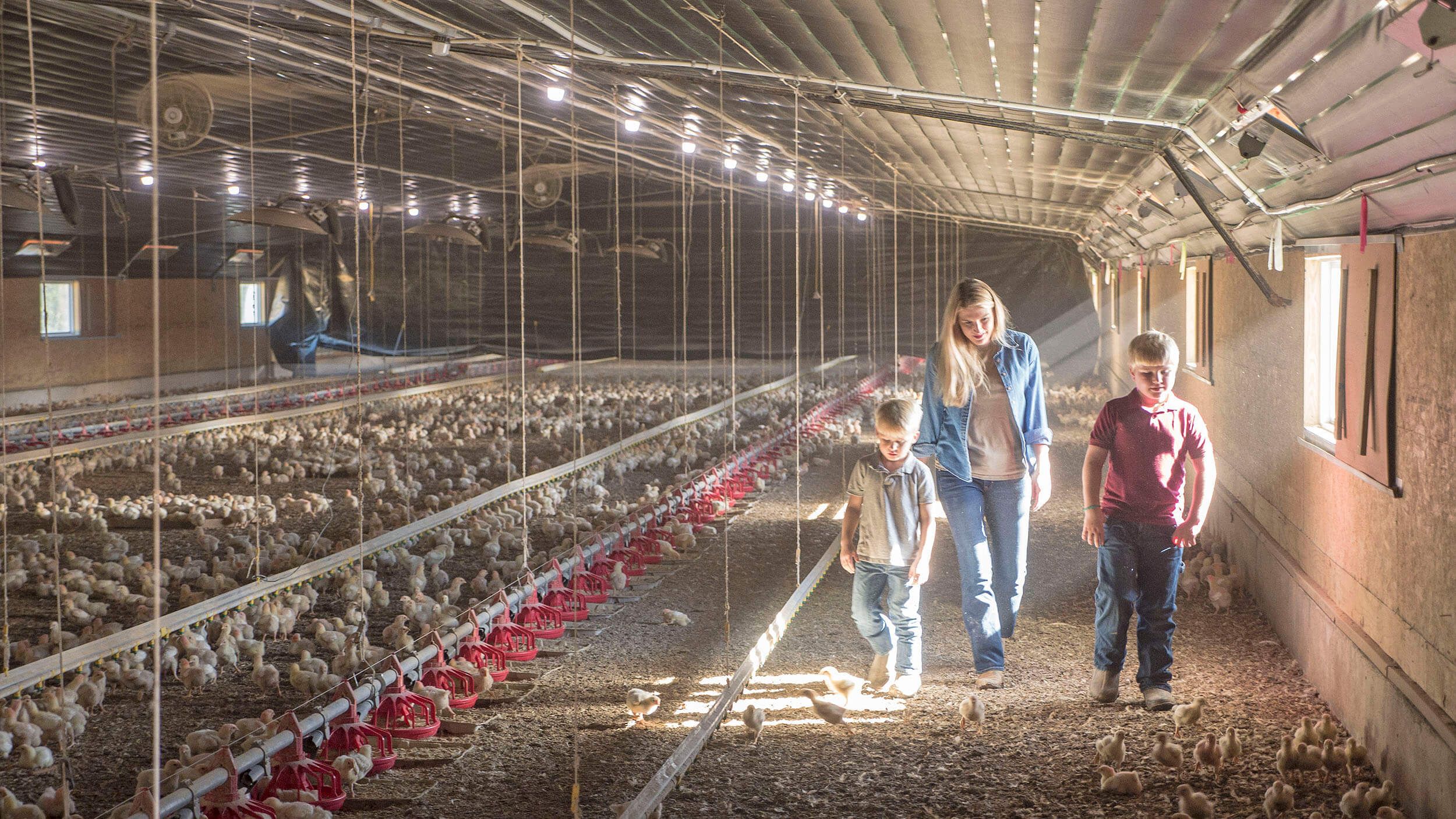
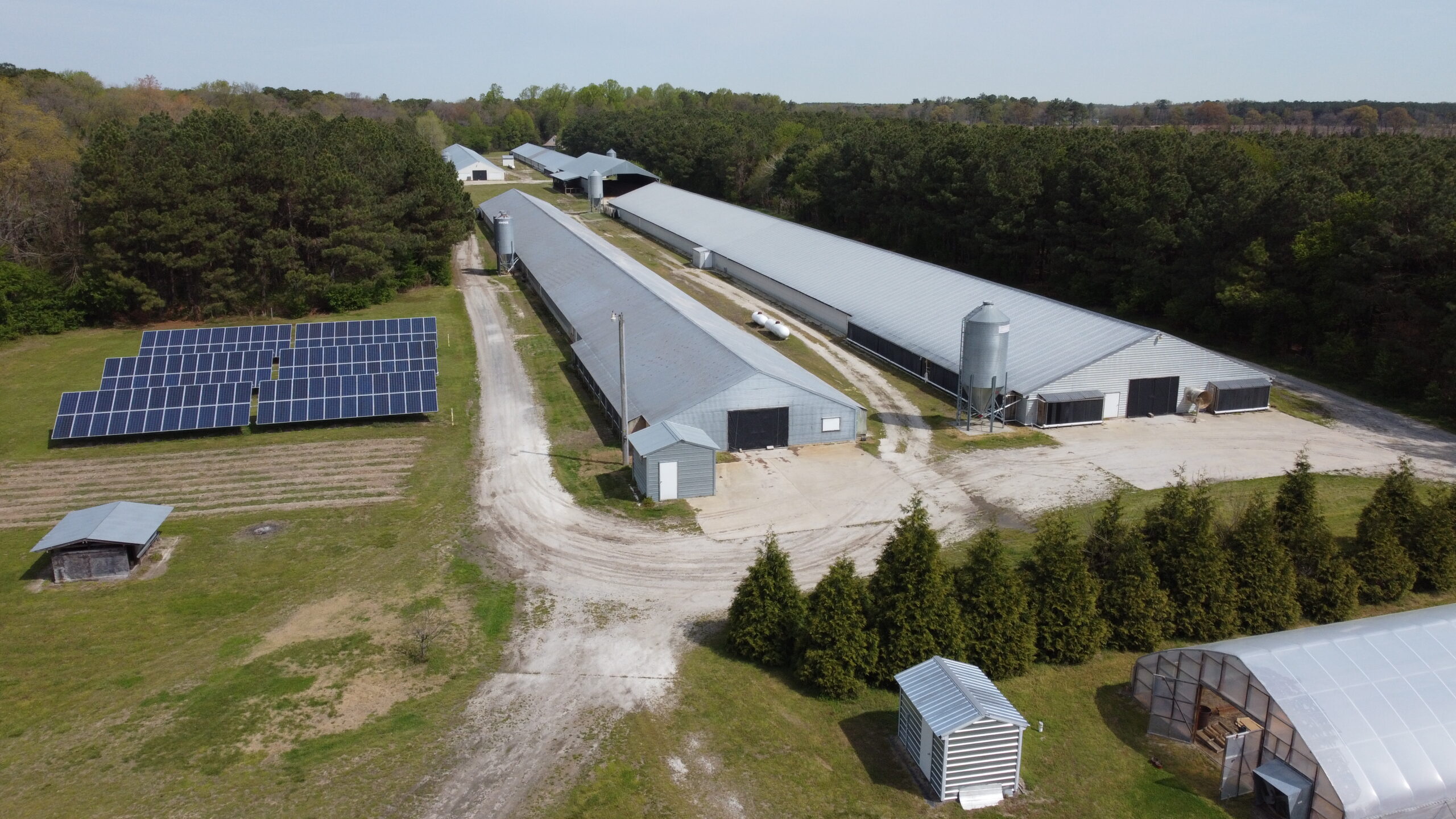
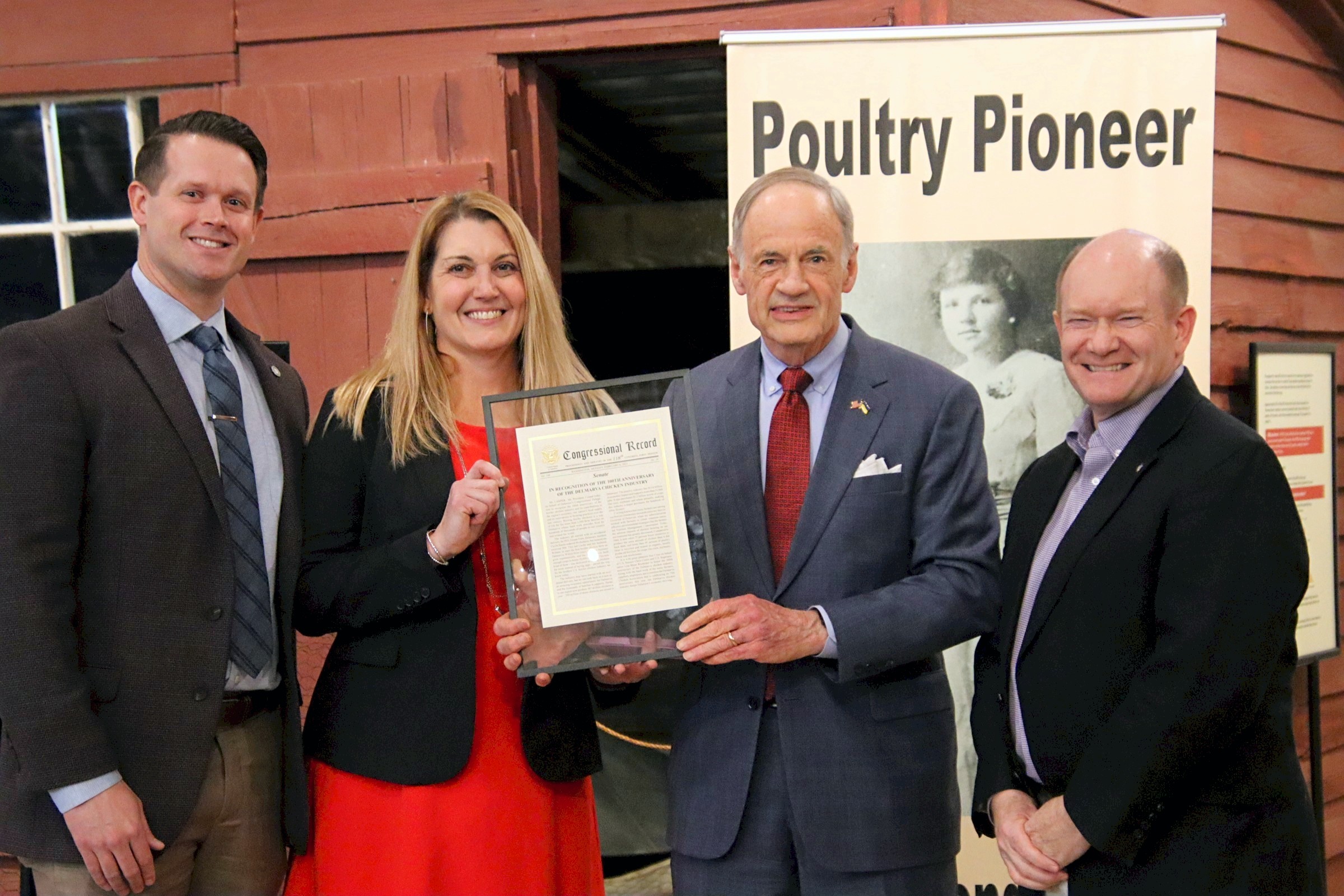


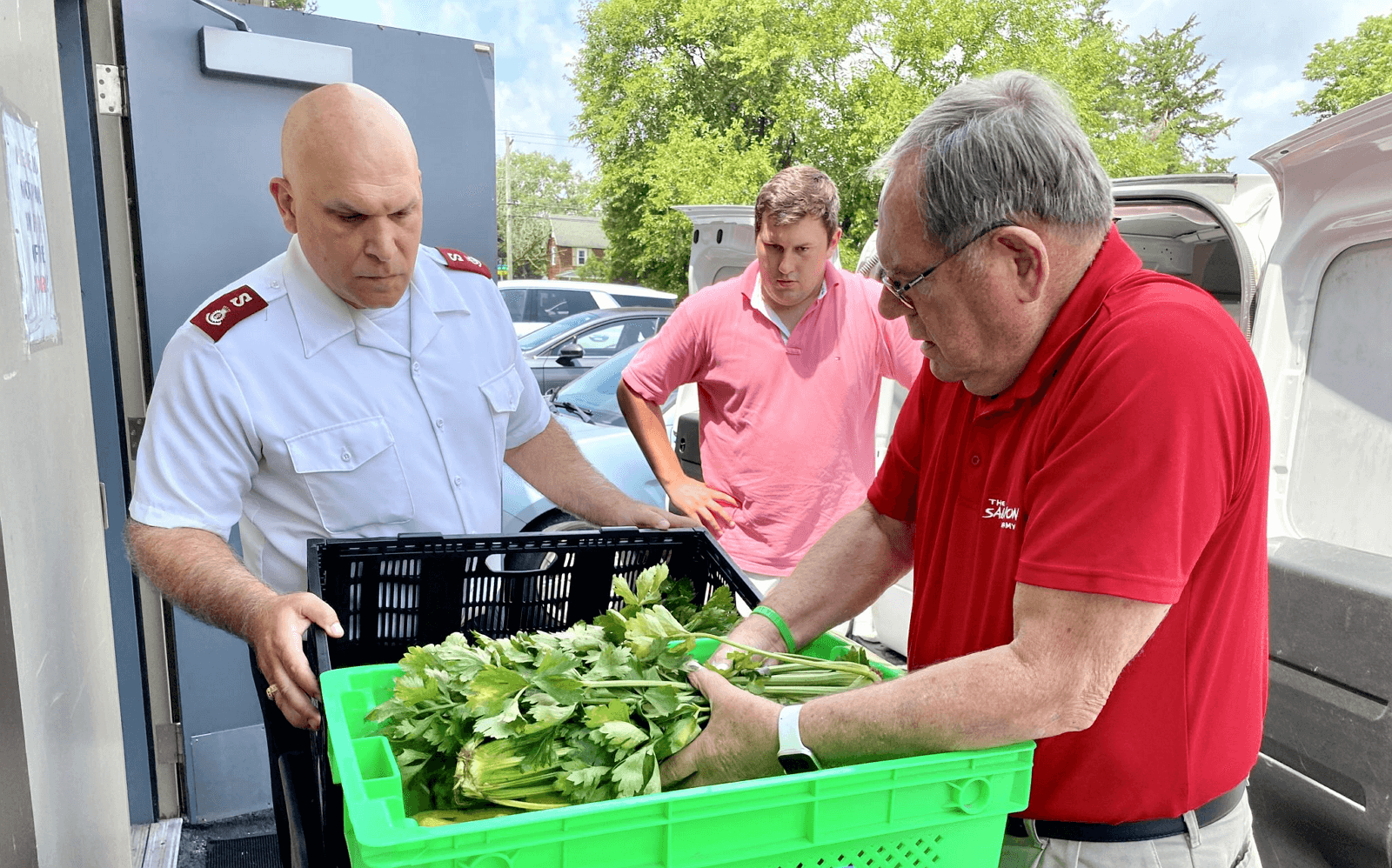


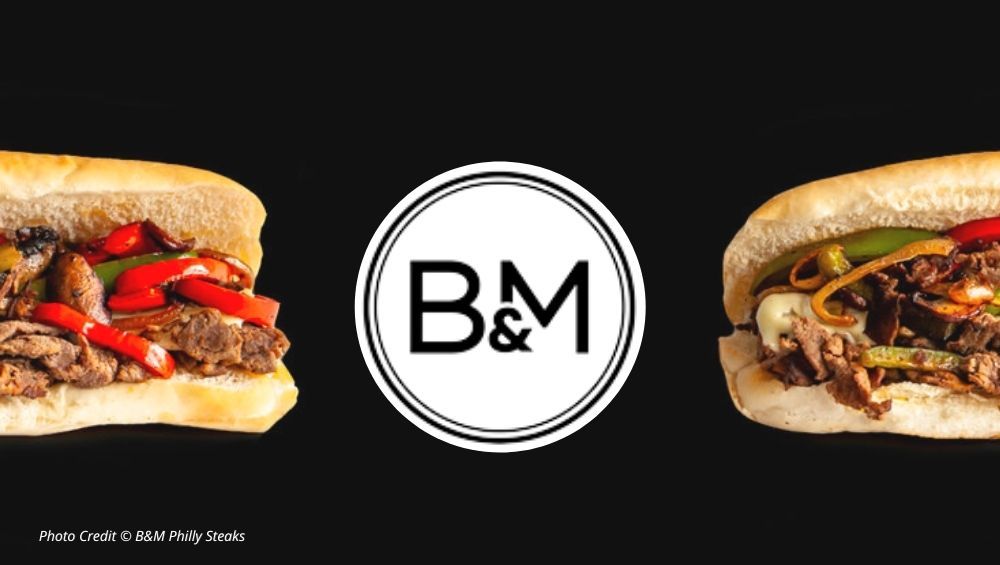
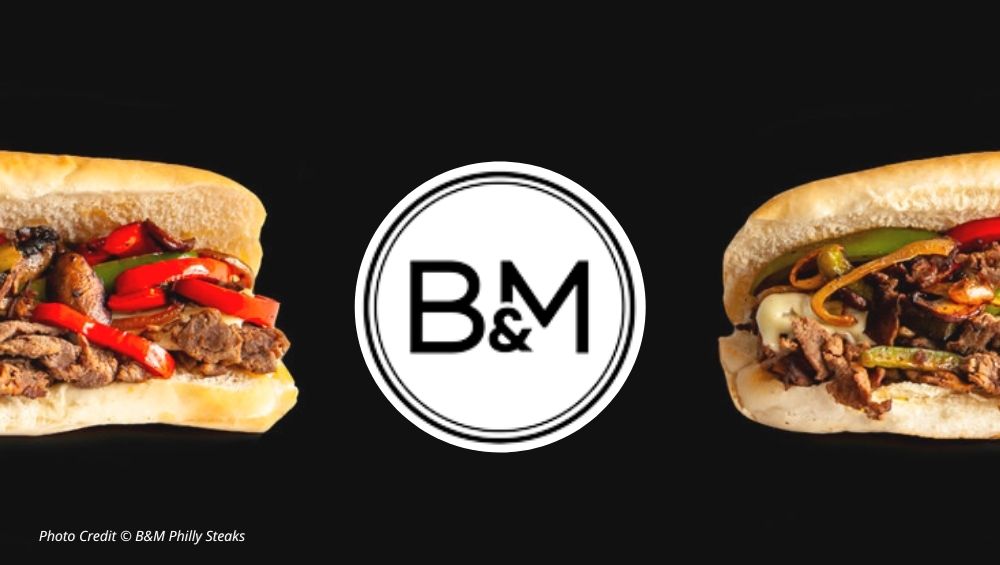
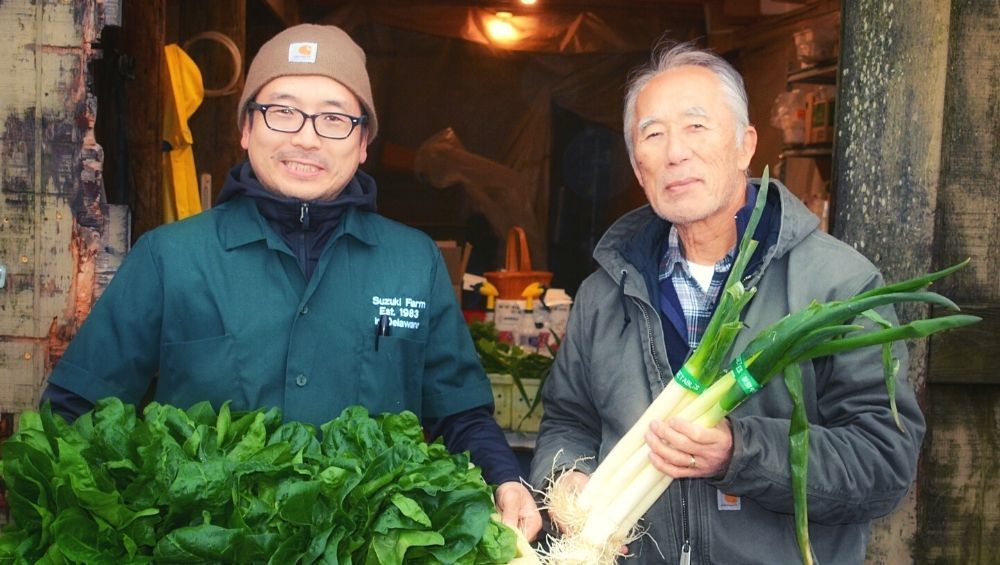
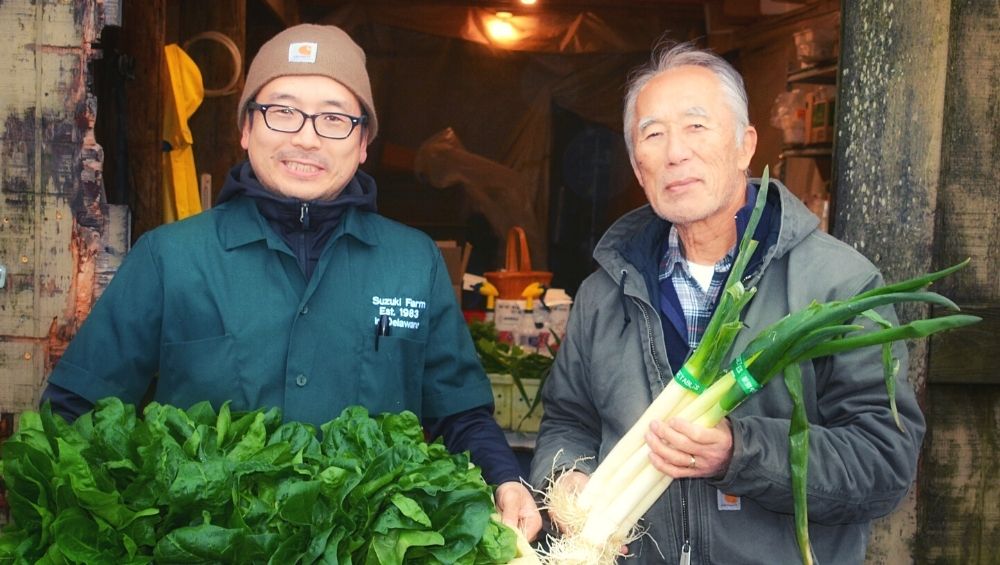
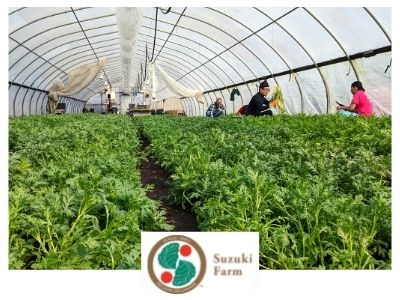 Among the 30-plus crops are Japanese radish, Napa cabbage, edamame, eggplant and peppers. The bestseller is Tokyo scallion, which is thicker and sweeter than conventional supermarket scallions. Suzuki Farms also sells to individuals, who can order online.
Among the 30-plus crops are Japanese radish, Napa cabbage, edamame, eggplant and peppers. The bestseller is Tokyo scallion, which is thicker and sweeter than conventional supermarket scallions. Suzuki Farms also sells to individuals, who can order online.